
Why assisted suicide is ‘normal’ in Switzerland
Many foreigners travel to Switzerland to take their own lives with the assistance of an organisation. In Switzerland, assisted suicide is considered a legitimate way to end your life.
In 2014, This Jenny, a respected Swiss politician, ended his life with the help of the assisted-suicide organisation Exit. He was terminally ill with stomach cancer. Swiss television accompanied him in his last weeks in an unflinching examination of the subject of assisted suicide. There was no cry of outrage across the country. Instead, there was sympathy and admiration. Assisted suicide is broadly accepted by the Swiss population and the country is one of the most progressive in this matter.

More
Switzerland, leading the way in assisted suicide?
More and more people are considering assisted suicide and becoming members of assisted organisations like Exit.
“In Switzerland we know that this option is open to us if we need it,” says Samia Hurst-Majno, a professor of ethics at the University of Geneva. “Cases of assisted suicide remain rare, even in Switzerland. But many people are reassured to know that they have this option even if they never use it.”
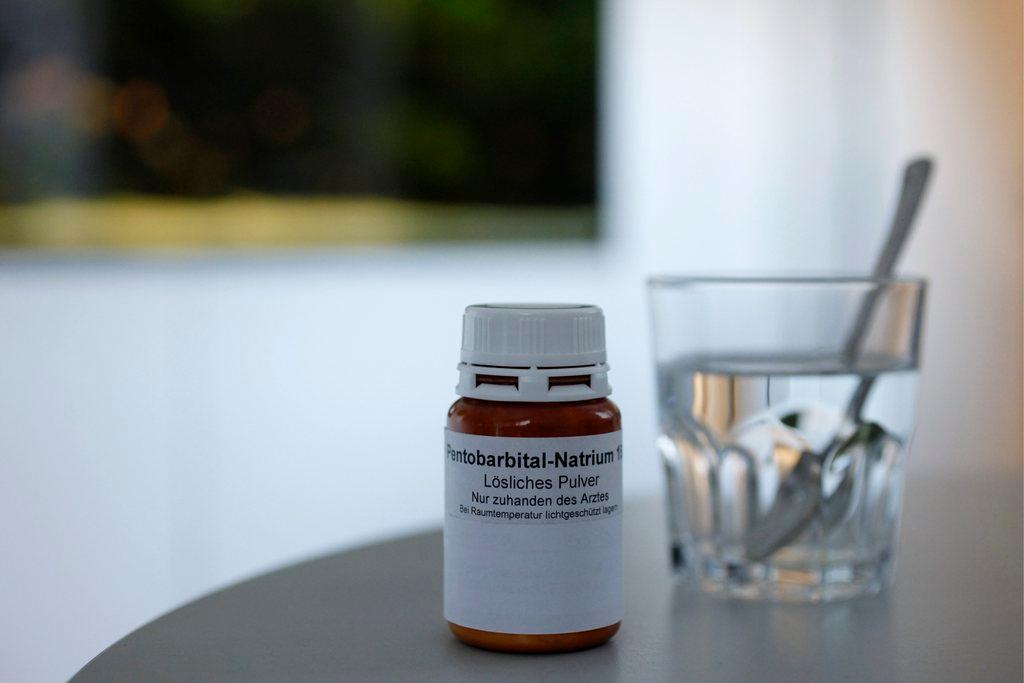
More
Growing number of people sign up for assisted suicide
The result of a local vote and surveys show that most Swiss don’t want to ban assisted suicide. Shortly after citizens of Zurich spoke out vehemently against restrictions on assisted suicide, the Swiss government decided against introducing nationwide regulations – even though the European Court of Human Rights has already chided Switzerland for a lack of legal clarity.
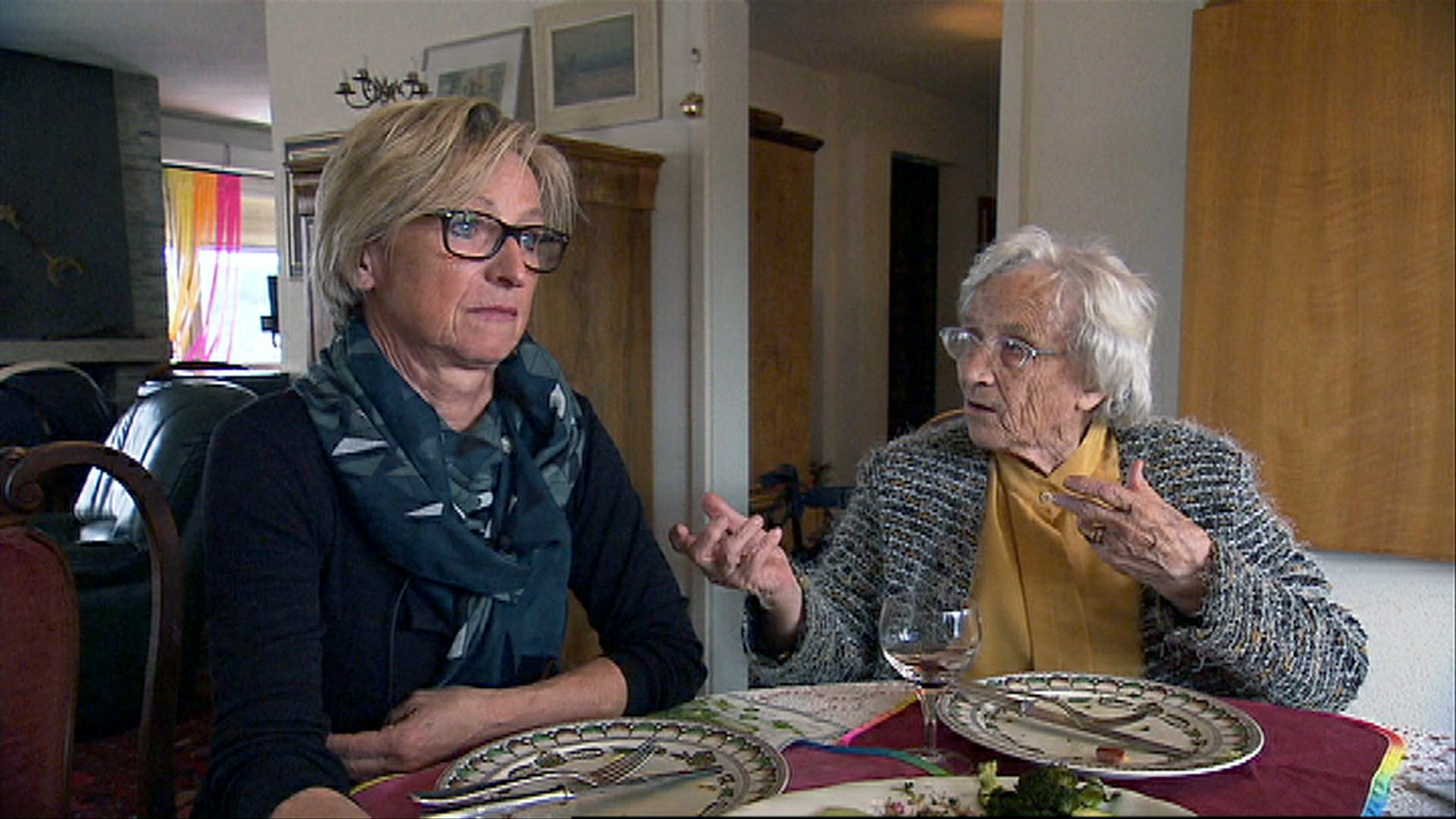
More
Who decides when it’s time to go?
Hurst-Majno says one possible reason for this is that Swiss laws on assisted suicide have existed for a long time, and that the population trusts that abuses won’t take place.
“We are confident that people with mental illnesses will be sent to prevention services, that all other alternatives will be considered, and that assisted suicide is only open to people with a rational desire for suicide as the last resort,” the professor says.
At the beginning of the 20th century, Switzerland, like many other countries, decriminalised suicide.
“If suicide is a crime, then suicide assistance is a crime of complicity,” Hurst-Majno explains. “If it is not a crime, then there is also no complicity.”
Following a broad public debate in Switzerland, there is consensus that self-interest should be a decisive point:
“Anyone who assists the suicide of someone who is financially dependent on them, or someone from whom they will inherit, should be penalised,” Hurst-Majno says. “But if there are no self-interested motives, then assistance is not a crime.”
In most countries, active suicide assistance is banned. Switzerland is one of very few countries where foreigners can opt for it. This has led to a form of “death tourism”. According to Dignitas, a well-known organisation that accepts non-Swiss applications, more than 90% of its members in 2018 were foreigners.
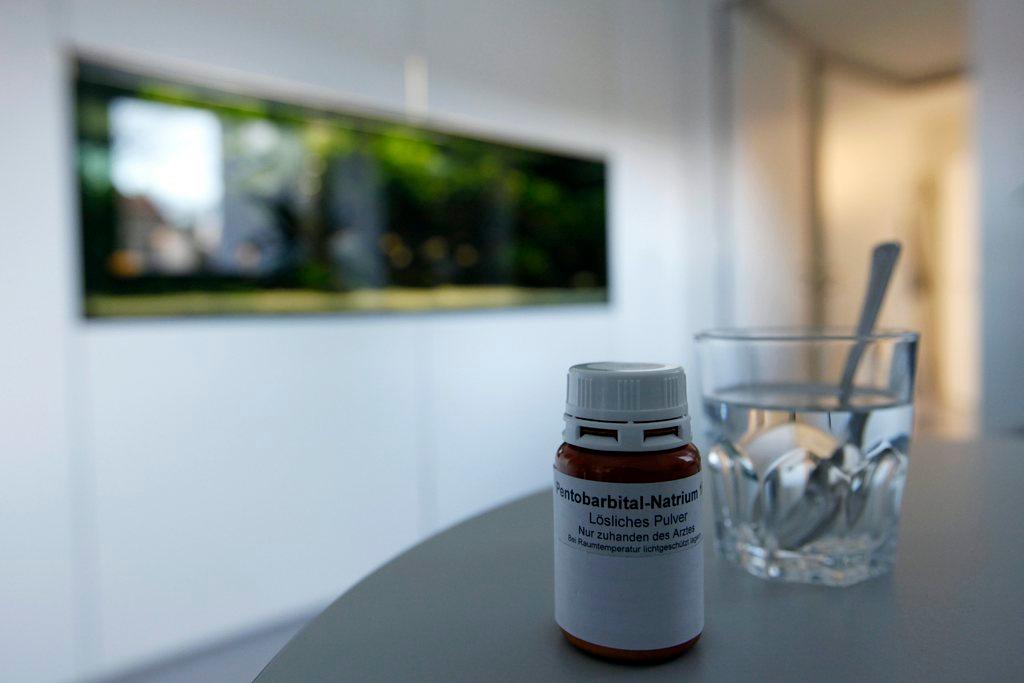
More
The global fight for assisted suicide
Acceptance of assisted suicide does not mean zero opposition. Cases involving applicants who do not suffer from terminal illness but are simply tired of life or have a mental condition sparked controversy even in Switzerland. Some doctors are not willing to issue prescriptions for a lethal drug in such cases.
Swiss assisted-suicide organisations are campaigning for more leeway. They want easier access to lethal medications for people without terminal illness or for those who are very old or weary of life. Some are even lobbying for the legalisation of assisted suicide in other countries through court cases, consulting, lobbying, advertising and public relations campaigns.
Their vision: assisted suicide should be legal worldwide so that nobody has to make the journey to Switzerland to die of their own free will.
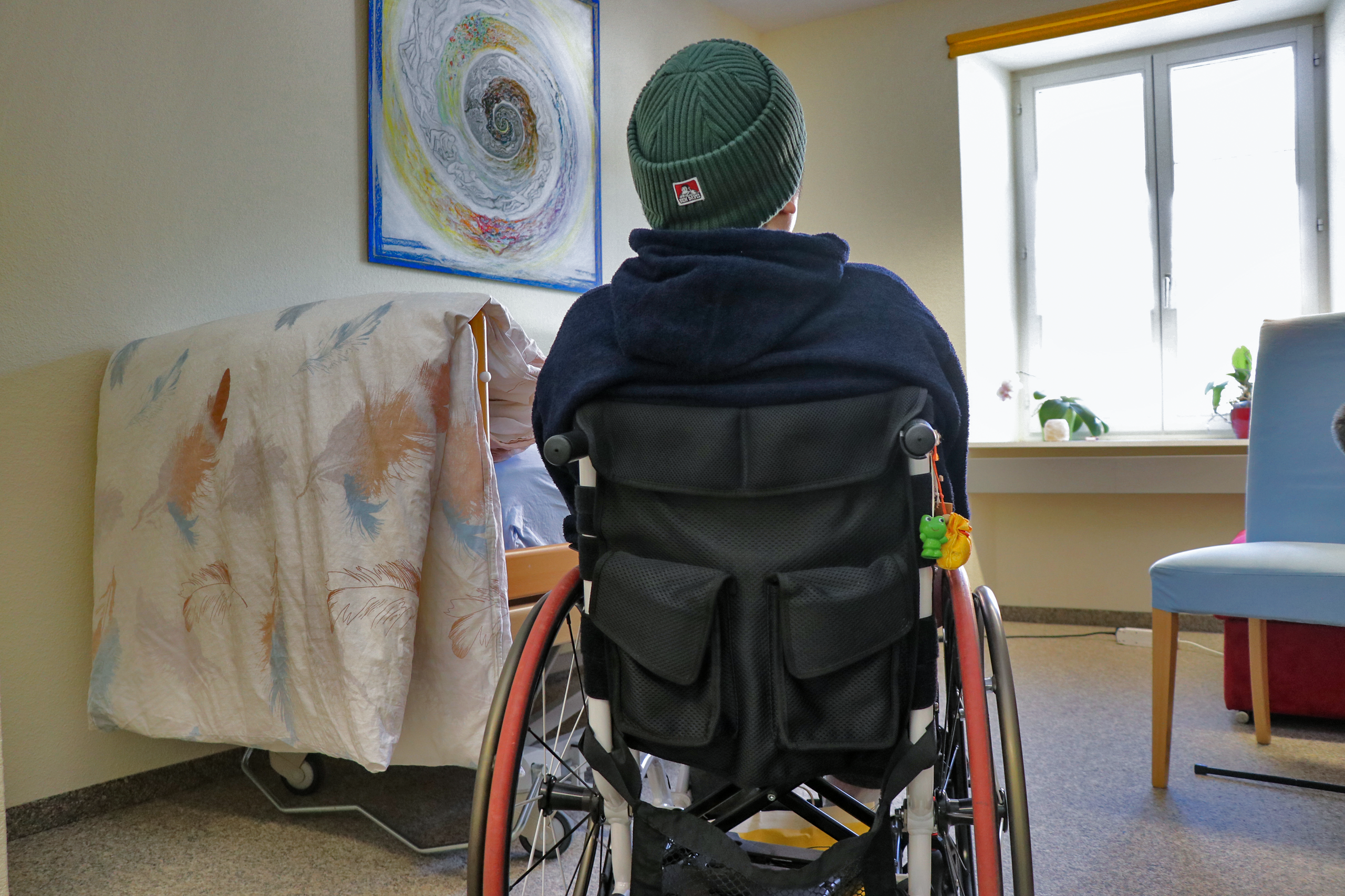
More
Finding life in the face of death: A Japanese woman’s emotional journey
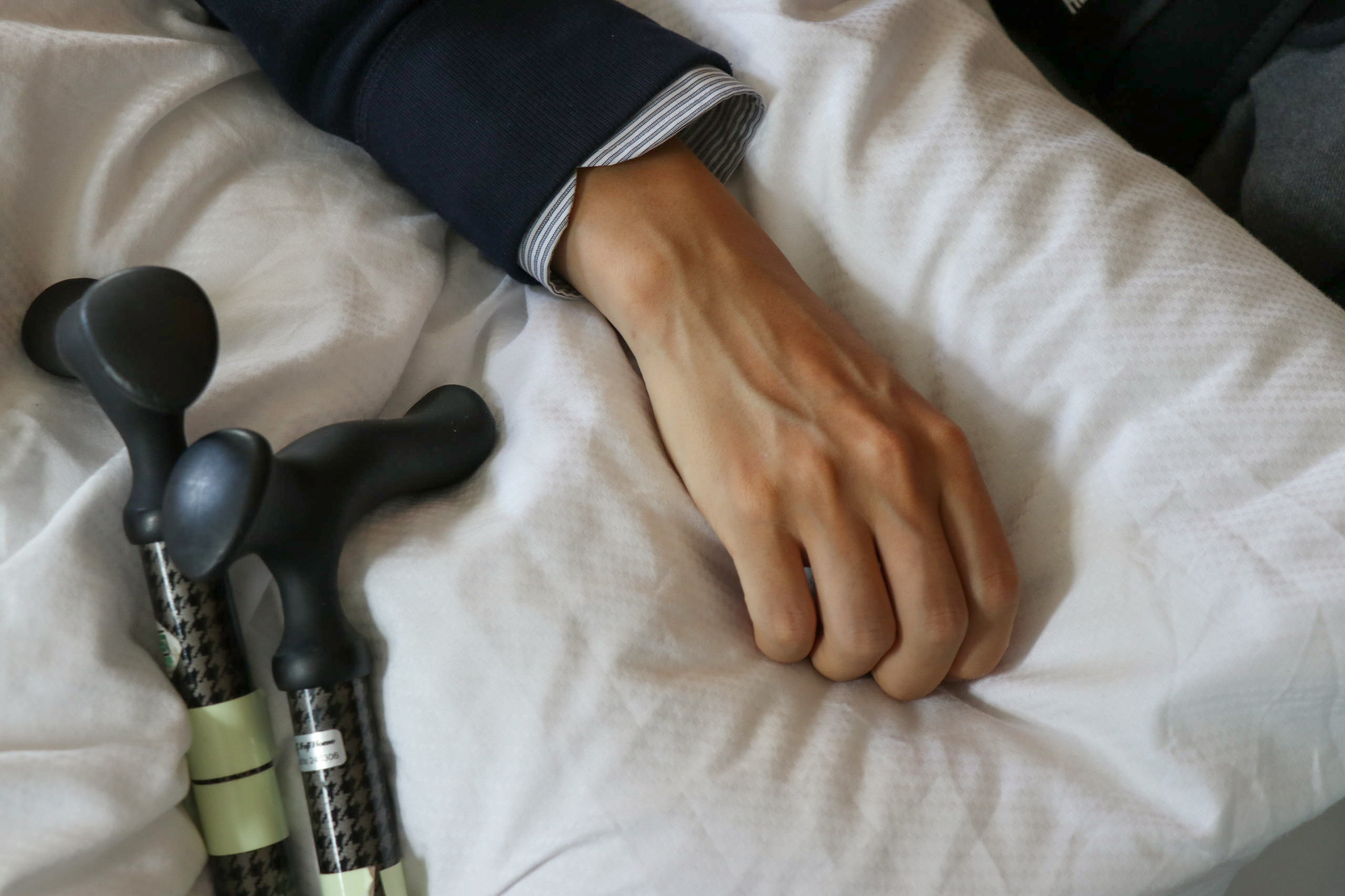
More
Yoshi travels from Japan to Switzerland to die
More

In compliance with the JTI standards
More: SWI swissinfo.ch certified by the Journalism Trust Initiative









